
Essential Tips for Effective Car Engine Maintenance
Takeaways: Maintaining your car’s engine is crucial for optimal performance and longevity. Regular oil changes, air filter replacements, and keeping an eye on the cooling system are key steps every car owner should follow.
Car engines are complex machines that require regular maintenance to function efficiently. An engine that is well-maintained not only performs better but also lasts longer. In this article, we will explore the best practices for effective car engine maintenance that can help you keep your vehicle in top shape.
1. Regular Oil Changes
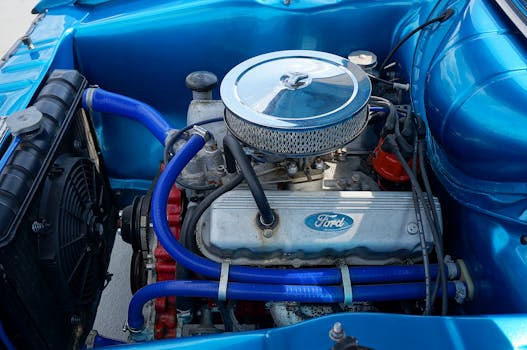
To determine how often you should change your oil, consult your vehicle’s owner manual. Generally, it’s recommended to change the oil every 3,000 to 7,500 miles, depending on your driving habits and the type of oil used. Synthetic oils tend to last longer than conventional oils, allowing for extended intervals between changes.
Additionally, always check the oil level using the dipstick. If the oil is low, add the appropriate type of oil to keep your engine lubricated. Regular oil changes not only improve engine performance but also enhance fuel efficiency.
2. Air Filter Replacement
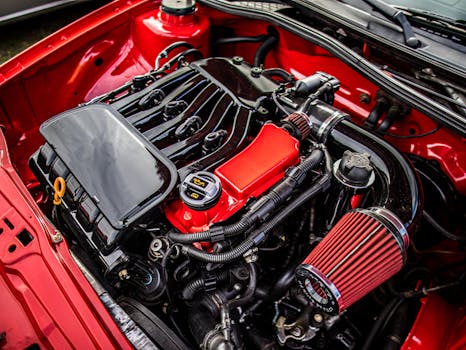
It’s advisable to check your air filter regularly, typically every 12,000 to 15,000 miles, or during every oil change. If you drive in dusty or polluted environments, consider changing it more frequently. A clean air filter can improve acceleration, increase horsepower, and help your engine run smoother.
3. Spark Plug Maintenance
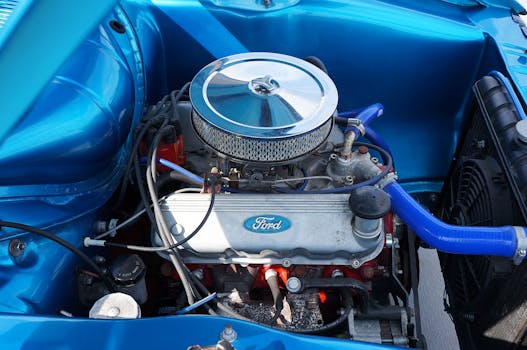
Most manufacturers recommend changing spark plugs every 30,000 to 100,000 miles, depending on the type of spark plug used. Use the specifications from your owner’s manual to ensure you select the correct type. New spark plugs can significantly improve engine performance, fuel efficiency, and reduce emissions.
4. Cooling System Check
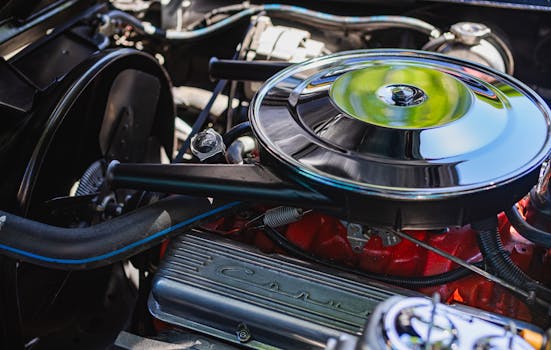
Flush the cooling system as recommended in your owner’s manual, typically every 30,000 miles. It’s also a good idea to inspect the radiator for leaks and ensure that the thermostat and water pump are functioning correctly. Keeping your engine cool is vital for performance and longevity.
5. Fuel System Maintenance
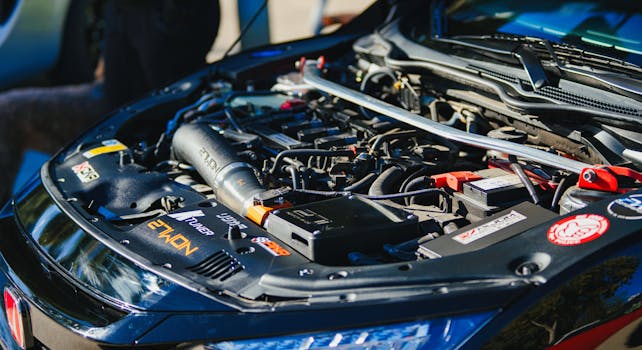
Consider using a fuel system cleaner every few thousand miles to keep injectors clean and functioning properly. Additionally, replace the fuel filter as recommended by your vehicle’s manufacturer. A clean fuel system ensures that the engine receives the right amount of fuel, promoting better fuel economy and performance.
Conclusion
Maintaining your car’s engine is not just about keeping it running; it’s about ensuring that it operates efficiently and lasts for years. By following these essential tips—regular oil changes, air filter replacements, spark plug maintenance, cooling system checks, and fuel system upkeep—you can keep your engine in optimal condition. Remember that a well-maintained engine leads to better performance, improved fuel economy, and lower repair costs in the long run. Take the time to care for your engine, and it will reward you with reliable performance.






